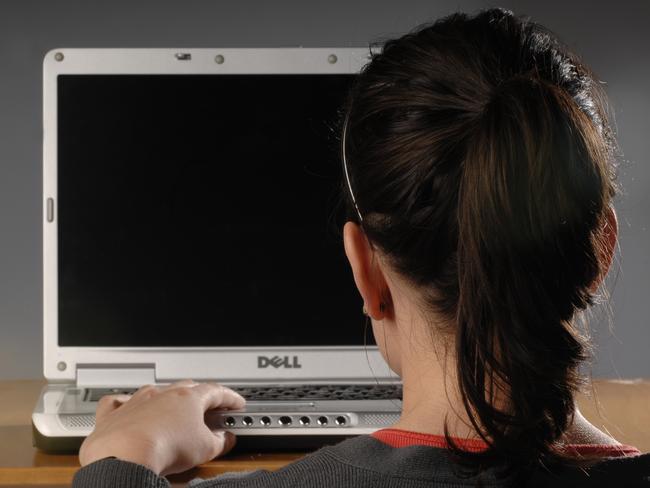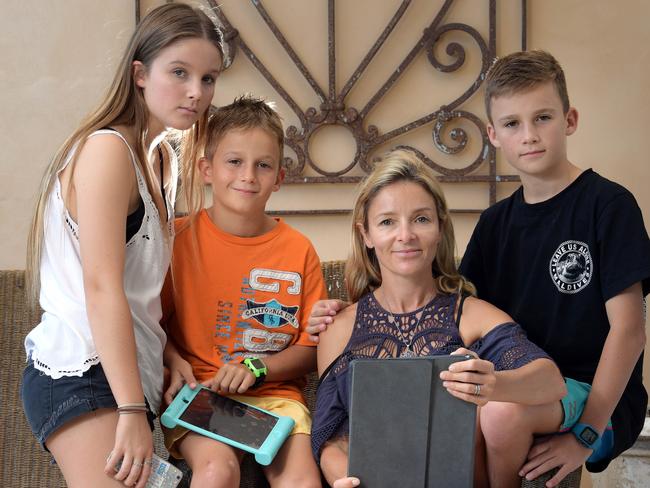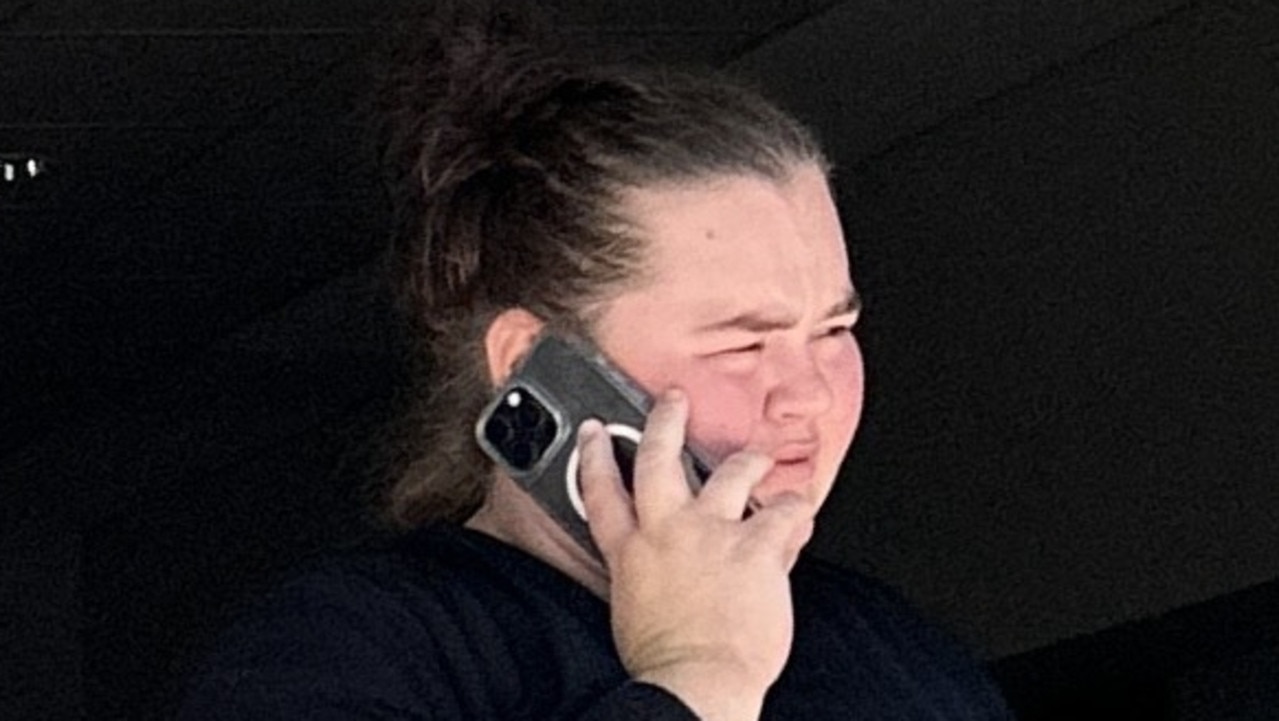Young children’s rising internet use puts them at risk from perverts and paedophiles
EXCLUSIVE: CHILDREN as young as two are spending three hours a week surfing the internet, putting them at risk of being targeted by paedophiles.
NSW
Don't miss out on the headlines from NSW. Followed categories will be added to My News.
CHILDREN as young as two are spending three hours a week surfing the internet, putting them at risk of being targeted by paedophiles.
Shocking new research reveals seven-year-olds log on more than nine hours a week and by the time children reach their teens they are spending almost three hours a day on the internet — exposing them to a range of online dangers such as cyber-bullying.
Almost two-thirds of the 774 parents and guardians who responded to a national OmniPoll survey commissioned by cybersecurity company Family Zone said they feared that their kids would be targeted by paedophiles or would access pornography.
The research found 38 per cent of children have at least one social media account and about 20 per cent of young people report they have been affected by cyber-bullying.

Schools are increasingly struggling to stamp out sexting and cyber-bullying, with teachers alerted to students posting sexualised images on social media, distributing revenge photos online and publishing videos threatening violence against other children.
Worryingly, separate data shows 90 per cent of boys and 60 per cent of girls younger than 16 have visited a pornography site.
Parents and schools are fighting back by wiring up students’ mobile phones to provide alerts whenever kids look at harmful images, blacking out dodgy sites and putting time restrictions on internet access.
A world first cyber-safety program covering children’s mobiles at home and school stops students bypassing firewalls by using a “hotspot” to surf the internet.
More than 200 Australian schools, including 20 in NSW, have signed up to the Family Zone program, which can red-flag internet content and monitor children’s online activity.

Web-based filters block adult-rated or unrated content and notify schools and parents. The technology can also disable a phone camera.
Family Zone chief executive Tim Levy said it was vital children were disconnected from their devices at night and parents had control of what they were watching and how they were interacting with others.
“It is also important for parents to know that the majority of bullying does not just happen in the schoolyard any more but at home between 9pm and midnight,” Mr Levy said.
Mother-of-three Kirsty Sleep, of Freshwater on Sydney’s northern beaches, said the system enabled her to protect her children without having to “micromanage” their internet use.
“This is allowing me to set parameters around accessing the internet,” she said.


